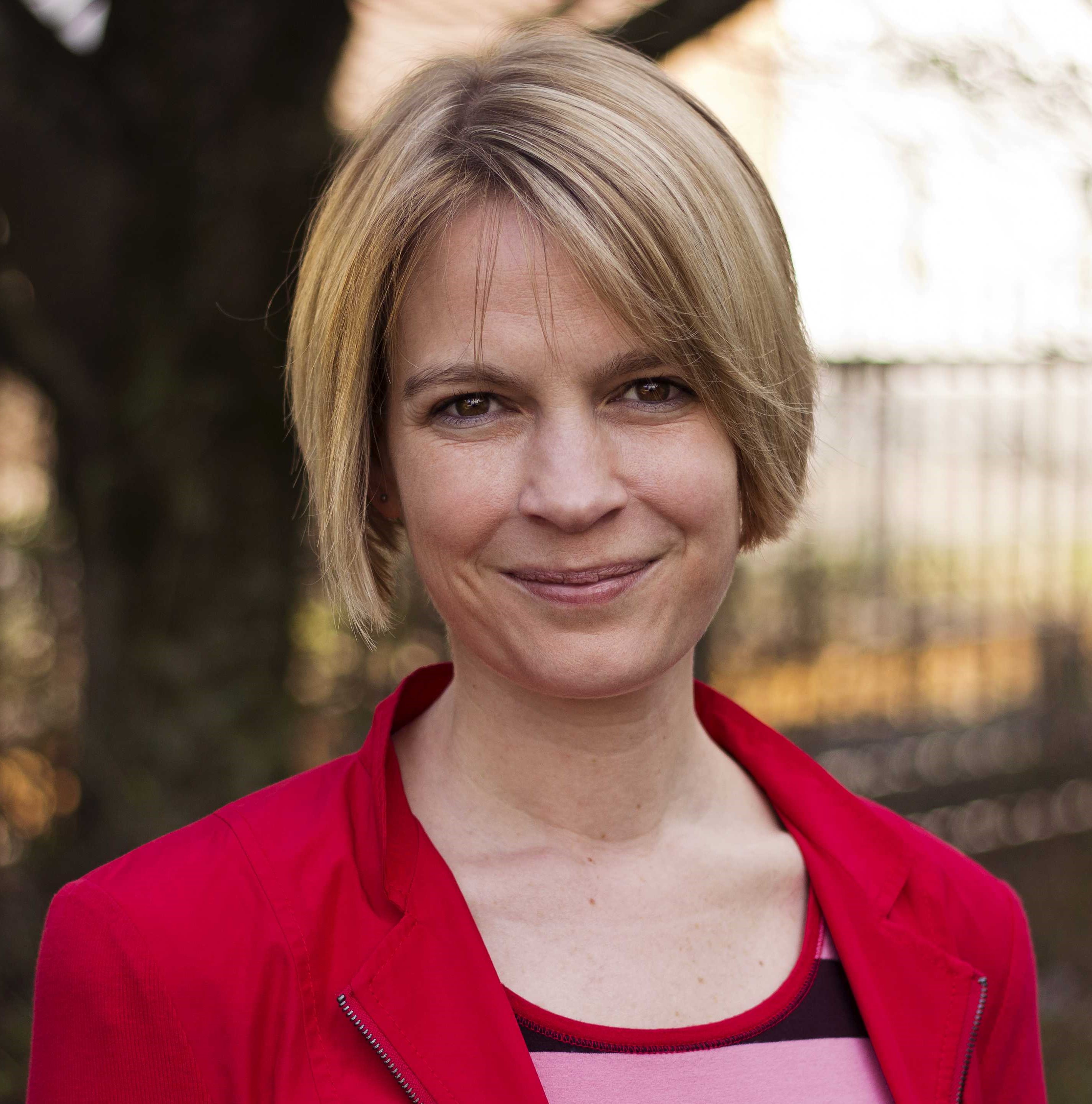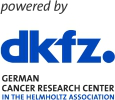
Yuang Chang, University of Pittsburgh
Talk Title: Kaposi sarcoma herpesvirus oncogenes or immune evasion genes?
Yuan Chang is a Distinguished Professor of Pathology and UPMC Endowed Chair in Cancer Virology at the University of Pittsburgh. She received her undergraduate degree from Stanford University, her M.D. degree from the University of Utah. In 1993, following completion of her Pathology training at UCSF and Stanford University, she joined the faculty at the Columbia University College of Physicians & Surgeons. In 1994, Dr. Chang co-discovered Kaposi’s sarcoma associated herpesvirus (KSHV/HHV8), with her husband Dr. Patrick S. Moore. In 2002, the Chang-Moore laboratory moved to the University of Pittsburgh and identified the most recently discovered human tumor virus, Merkel cell polyomavirus (MCV). Dr. Chang is an elected member of the US National Academy of Sciences, American Academy of Microbiology, and the American Society of Clinical Investigation. For their foundational discoveries in cancer etiology and pathogenesis, Chang and Moore have been the recipient of multiple honors including the Robert Koch Prize (Germany), the Mott Prize of the General Motors Cancer Research Foundation (USA), the Marjory Stephenson Prize (UK), and the Paul Ehrlich Prize (Germany).

John Doorbar, University of Cambridge
Talk Title: High Risk Viruses and Vulnerable Epithelial Sites. Refining our Understanding of HPV-Mediated Carcinogenesis.
John Doorbar is Professor of Viral Pathogenesis in the Department of Pathology at the University of Cambridge, having worked previously at the National Institute for Medical Research in London. He obtained his PhD in Cancer Studies at Birmingham, and his first degree in Genetics & Microbiology at the University of Leeds. He has devoted much of his career to understanding how the human papillomavirus life cycle is organised, and how interactions between the virus and the infected epithelial cells drive the development of neoplasia and cancer. His current research addresses the mechanisms of lesion formation and regression, and the way that human papillomaviruses modulate epithelial homeostasis to facilitate virus persistence. His research group is focusing on the biology of the cervical transformation zone, and the molecular and cellular processes that make this particular epithelial site vulnerable to HPV infection and neoplastic progression.

Hans Grönlund, Karolinska Institutet, Stockholm
Talk Title: It is getting Personal: Precision Diagnostics and Therapy in Targeted immunotherapy
Associate professor Hans Grönlund, PhD, is research group leader at Therapeutic immune design Unit, the Department of clinical neuroscience, Karolinska institutet. His interest lies in reshaping a dysfunctional immune system by diagnosis and curative molecular interventions in common diseases such as allergy, multiple sclerosis and cancer.

Stefan Meuer, University Hospital Heidelberg
Talk Title: Applied Immunology: Designing approaches to individualized clinical immune intervention.
Stefan Meuer is a physician-scientist who focusses his research on identifying molecular mechanisms of immunoregulation in health and diseases of humans. He has made major contributions to the current understanding of T cell recognition, lymphocyte activation, and effector functions of human immunocompetent cells.
1987 he was recruited by the DKFZ to establish a new “Division of Applied Immunology”. From 1988 – 1995 he served as Harald zur Hausen´s deputy scientific DKFZ director. From 1995 – 2021 he was the incumbent of the Chair of “General Immunology” at the Medical School of Heidelberg and Director of the Institute of Immunology at the University Hospital. Stefan Meuer is a member of the National Academy of Sciences “Leopoldina”, honorary member of the “German Society of Immunology” and currently member of the steering committee of the international “Federation of Clinical Immunology Societies” (FOCIS).

Patrick Moore, University of Pittsburgh
Talk Title: Merkel cell polyomavirus gives new answers to old questions in eukaryotic replication
Patrick S. Moore, MD, MPH is an American Cancer Society (ACS) and Distinguished Professor in the Department of Pathology, University of Pittsburgh. He is the former Cancer Virology Program Leader at the University of Pittsburgh Hillman Cancer Center and holds the Pittsburgh Foundation Chair in Innovative Cancer Research. Dr. Moore is recognized for his role, together with his wife Dr. Yuan Chang, in discovering and characterizing Kaposi sarcoma herpesvirus (KSHV or HHV8) and Merkel cell polyomavirus (MCV), the two most recently recognized human tumor viruses. Their laboratory maintains an active focus on basic and translational research in tumor virology. Dr. Moore received the Clarivate Laureate, Paul Ehrlich Prize, the Passano Award, the Mott Award, the Robert Koch Prize, the Meyenburg Cancer Research Prize, CDC-Langmuir Award, as well as other awards, and is an elected member of the US National Academy of Science and other professional honor societies. He graduated from Westminster College in Salt Lake City, UT and received medical and graduate degrees from the University of Utah, Stanford University and University California, Berkeley and trained at the Centers for Disease Control as an Epidemic Intelligence Service (EIS) officer. In addition to his work on tumor viruses, he has previously worked on meningococcal meningitis epidemics and on refugee disaster issues.

Angelika Riemer, DKFZ Heidelberg
Talk Title: Development of a therapeutic HPV vaccine
Angelika Riemer is heading the Division of Immunotherapy and Immunoprevention at the DKFZ. She studied medicine and molecular biology at the University of Vienna (Austria), Monash University in Melbourne (Australia) and University of Bristol (UK), and received her MD degree in 2002 and her PhD degree in 2005. She is a board-certified Clinical Immunologist and Dermatologist, and holds a venia legendi in Immunology from the Medical University of Vienna and the University of Heidelberg. Her scientific work focused on immunotherapies of cancer throughout her career, with HPV becoming the main interest during her postdoctoral fellowship at the Cancer Vaccine Center of the Dana-Farber Cancer Institute and Harvard Medical School (2008/2009). In 2010, she was recruited to the DKFZ as a Junior Group Leader by Harald zur Hausen, where she received tenure in 2018. Dr. Riemer is a member of the Extended Directorate of the National Center for Tumor Diseases (NCT) Heidelberg, and co-coordinates the NCT program Immunotherapy. She is also part of the German Center for Infection Research (DZIF), where she co-coordinates the research area Infections of the Immunocompromised Host. Her group works on the development of a therapeutic HPV vaccine based on validated target T cell epitopes. This validation step is provided by mass spectrometry-based direct proof of a peptide being HLA-presented on a tumor cell’s surface, as well as immunogenicity assessment. The group has further developed orthotopic HPV-dependent tumor models in MHC-humanized mouse strains, to allow preclinical efficacy testing of the candidate therapeutic HPV vaccine formulations.
.jpg)
Elisabete Weiderpass, International Agency for Research on Cancer
Talk Title: Unveiling the Legacy: IARC´s Contribution to HPV Studies in the Post-Nobel Era.
Elisabete Weiderpass, MD, MSc, PhD, is the Director of the International Agency for Research on Cancer (IARC), the World Health Organization (WHO)’s specialized cancer agency, based in Lyon, France. She took office in January 2019 and, in May 2023, was elected for a second, and final, five-year term, commencing on 1 January 2024. Dr Weiderpass is an expert in cancer epidemiology and cancer prevention, with a particular interest in cancer registration, the understanding of cancers and the implementation of effective prevention strategies. She is the co-author of more than 1,000 scientific articles (ORCID: 0000-0003-2237-0128) in peer-reviewed international journals. She is a member of the EU Mission Board for Cancer, Chair of the Scientific Advisory Board of Institut Gustave Roussy (Paris, France), a member of the Governing Council of the Institut national de la santé et de la recherche médicale (Inserm), (Paris, France), a member of the Scientific Council of the Centre Léon Bérard (Lyon, France) and a Steering Committee member of the WHO Academy. Prior to joining IARC, Dr Weiderpass served as Head, Department of Research at the Cancer Registry of Norway (Oslo, Norway), and of the Genetic Epidemiology Group at the Folkhälsan Research Center (Helsinki, Finland). She served as Professor of Medical Epidemiology at the Karolinska Institutet (Stockholm, Sweden), and as Professor of Cancer Epidemiology at the Arctic University of Norway (Tromso, Norway). She has held visiting professorship positions in cancer epidemiology in Brazil, China, the Islamic Republic of Iran, and Kuwait, and is an honorary Adjunct Professor at the Yale School of Public Health (Connecticut, USA). Born and raised in Brazil, Dr Weiderpass is a naturalized citizen of Sweden and Finland.

Magnus von Knebel Doeberitz, German Cancer Research Center & University Hospital Heidelberg
Talk Title: Harald zur Hausen and infectious agents as cause of cancer
Magnus von Knebel Doeberitz is Director of the Department of Applied Tumor Biology, Institute of Pathology at the University of Heidelberg and of the Clinical Cooperation Unit F210 at the DKFZ. He further founded a variety of biotech and med-IT companies. His major interests relate to mechanisms of human carcinogenesis by papillomaviruses and DNA mismatch repair deficiency. He identified novel biomarkers and therapeutic principals and developed them into fully implemented medical products.

Axel zur Hausen, Maastricht University Medical Center
Talk Title: Significance of early B-cell differentiation in Merkel cell carcinoma
Axel zur Hausen is Professor and chairman of the Department of Pathology at the Maastricht University Medical Center, the Netherlands. He completed his Pathology training in 2002 at the Institute of Pathology, University Cologne, Germany, and obtained his PhD in Molecular Pathology on the role of Epstein-Barr Virus in gastric cancer at the Vrije Universiteit Amsterdam, the Netherlands. In 2004 he was appointed Full Professor for Pathology at the University of Freiburg, Germany and in 2005 Senior Consultant of the Institute of Pathology at the University of Freiburg. His current research focuses on the cell of origin of Merkel cell carcinoma and the identification of “targetable” biomarkers of human cancers.

